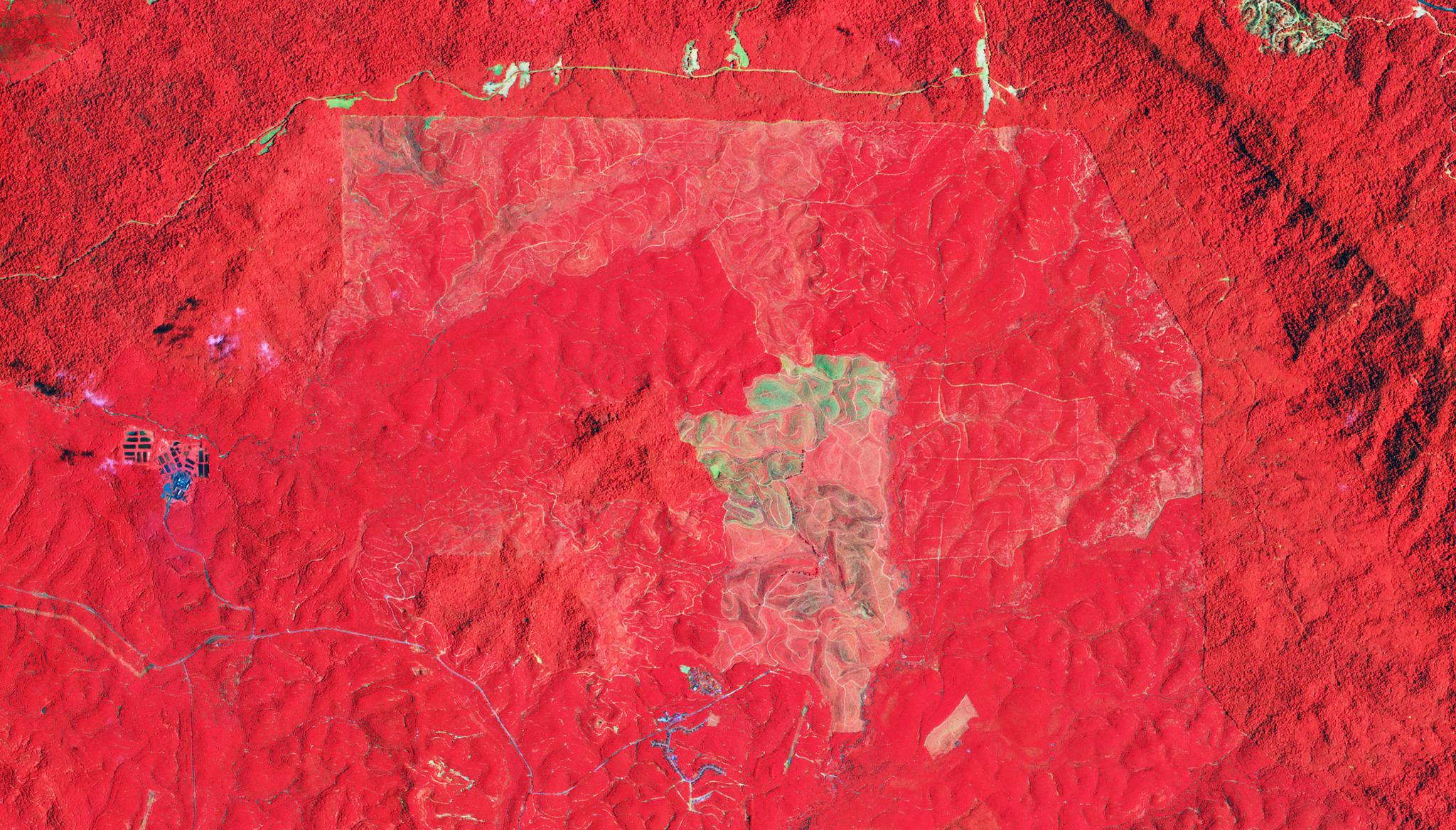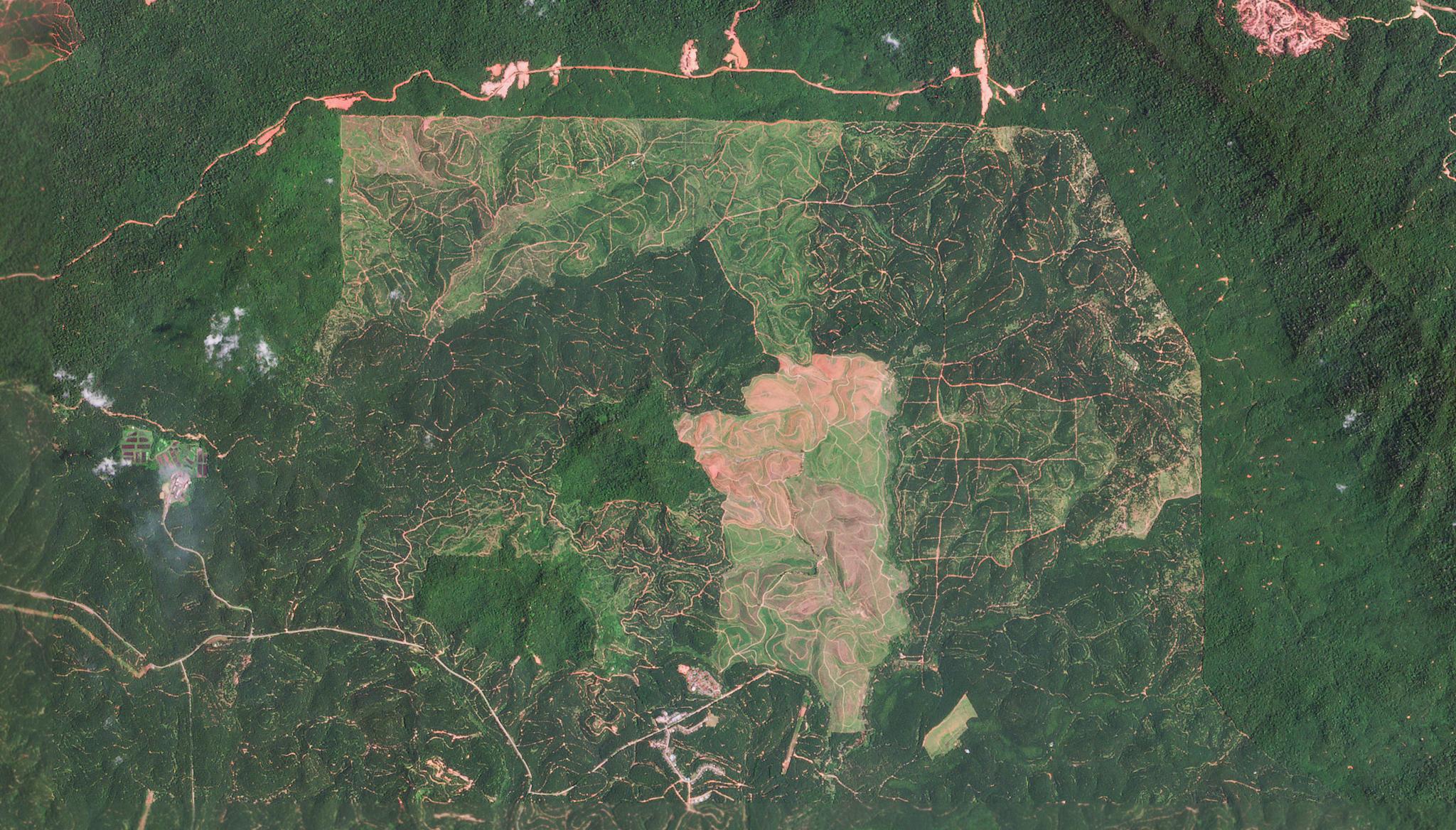Using PlanetScope Data, Researchers Suggest a Doubling of Annual Forest Carbon Loss Over the Tropics During the Early Twenty-first Century
True-color image above taken on March 12, 2022 displays deforestation in Jerantut Pahang, Malaysia. © 2022, Planet Labs PBC. All Rights Reserved. The conversion of global tropical forests for large-scale commodity or small-scale agriculture activities contributes greatly to greenhouse gas emissions. Additionally, there is significant uncertainty in recent measurements of land carbon sinks and sources, and studies suggest that current reports may be underestimating the twenty-first century trends in tropical forest carbon loss globally. A study from across a variety of academic and NGO institutions used Planet satellite data to analyze tropical land-use change over time. By randomly sampling pixels from PlanetScope satellite images, showing forest loss due to agriculture, the researchers discovered that gross tropical forest carbon loss worldwide doubled from 2001-2005 to 2015-2019. By collecting cloudless and very-high-resolution Planet imagery from 2020, they further determined that approximately 70% of forested lands that were converted into agricultural lands between 2001 and 2019, still remained as agricultural lands in 2020. “The acceleration and high rate of forest carbon loss in the twenty-first century suggest that existing strategies to reduce forest loss are not successful; and this failure underscores the importance of monitoring deforestation trends following the new pledges made in Glasgow,” said the authors. The full study can be found in Springer Nature.


Ready to Get Started
Connect with a member of our Sales team. We'll help you find the right products and pricing for your needs


